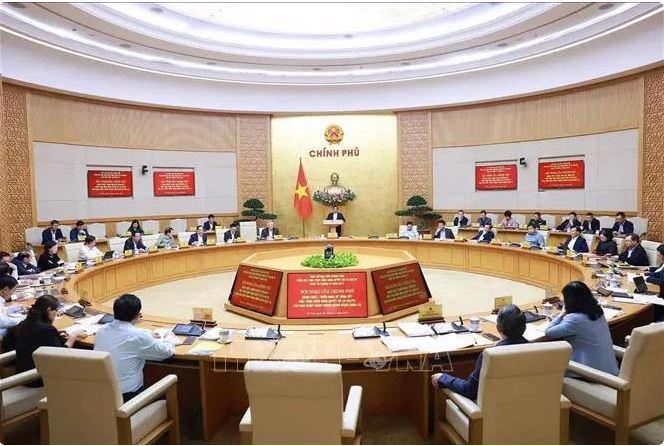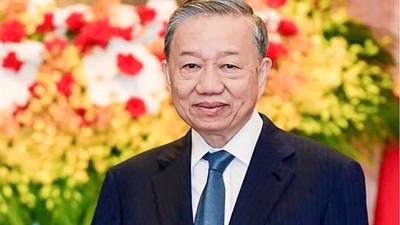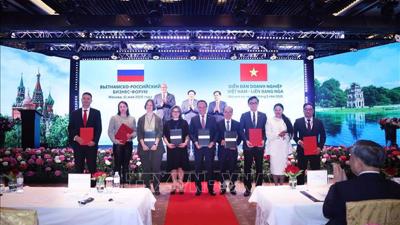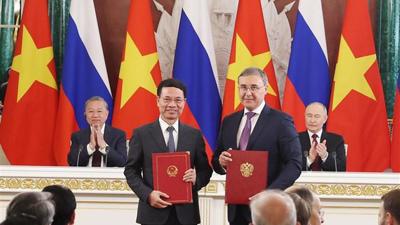Plan to streamline Government's organizational apparatus finalized
Under the plan approved on December 5, some 14 ministries and ministerial-level agencies will be restructured, rearranged and merged.

A plan to rearrange and streamline the Government's organizational apparatus was finalized at a Government conference, chaired by Prime Minister Pham Minh Chinh on December 5, under which eight ministries and ministerial-level agencies to be maintained (with internal changes only), while 14 others to be restructured, rearranged and merged.
According to the Vietnam News Agency, the eight ministries and ministerial-level agencies to be maintained are the Ministry of National Defense, the Ministry of Public Security, the Ministry of Justice, the Ministry of Industry and Trade, the Ministry of Culture, Sports and Tourism, the Government Office, the Government Inspectorate, and the State Bank of Vietnam.
The Ministry of Planning and Investment and the Ministry of Finance will be merged, potentially becoming the ministry of finance and development investment or the ministry of economic development.
The Ministry of Transport and the Ministry of Construction will combine to form the ministry of infrastructure and urban development.
The Ministry of Natural Resources and Environment will be merged with the Ministry of Agriculture and Rural Development to create the ministry of agriculture, and natural resources and environment.
The Ministry of Information and Communications will join the Ministry of Science and Technology to become the ministry of digital transformation and science and technology or the ministry of digital transformation, science, technology and communications.
The Ministry of Labor, Invalids and Social Affairs will go to the Ministry of Home Affairs, with several functions to be transferred to the Ministry of Education and Training and the Ministry of Health.
Meanwhile, the Ministry of Health will assume additional responsibilities, including several missions of the board of health protection and care for central-level officials, which will cease operations soon, and state management over social welfare, child protection, and social evils prevention from the Ministry of Labor, Invalids and Social Affairs.
The Ministry of Foreign Affairs will take over the main tasks of the Party Central Committee’s Commission for External Relations and the National Assembly's Committee for External Relations when these two units end their functions. The Ho Chi Minh Mausoleum Management Board will be managed by the Ministry of National Defense, becoming part of the ministry's organizational structure.
The Ministry of Home Affairs will proactively build a plan to reorganize the National Academy of Public Administration by merging it into the Ho Chi Minh National Academy of Politics.
According to Minister of Home Affairs Pham Thi Thanh Tra, the government's restructuring extends beyond ministerial consolidation, and the number of units under ministries and ministerial-level organizations will be cut by 15-20%, comprising a significant reduction in general departments, bureaus, departments, and public service organizations. The bold step aims at creating a leaner and more efficient administrative apparatus.







